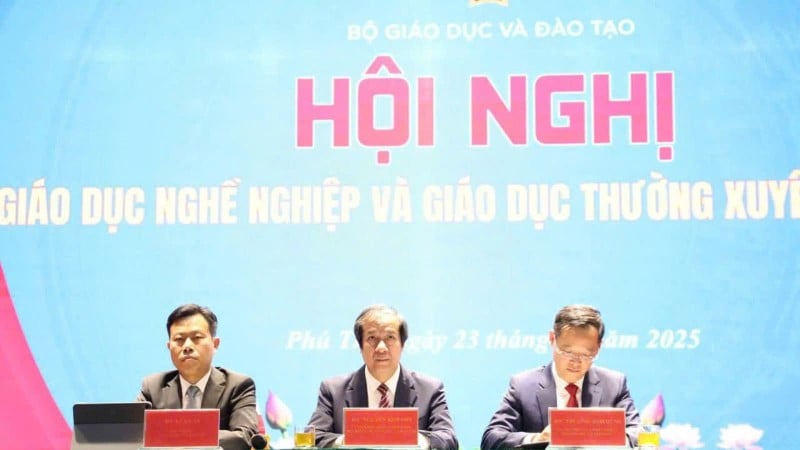
The Ministry leaders chaired the conference.
Attending and directing the conference were comrades: Nguyen Kim Son, member of the Party Central Committee, Minister of Education and Training; Le Quan, Deputy Minister of Education and Training; Nguyen Khac Hieu, Vice Chairman of the People's Committee of Phu Tho province; representatives of educational institutions, businesses and experts in the field of vocational training.
Speaking at the opening of the conference, Deputy Minister of Education and Training Le Quan emphasized: According to the assessment in Resolution 71-NQ/TW of the Politburo on breakthroughs in education and training development, the biggest limitation of vocational education today is fragmented development, slow innovation, and failure to meet the requirements of training high-quality human resources, especially in key areas serving green growth, energy transition and high-tech industry.
The opportunity to access education for learners in remote areas is still low compared to the national average; the difference in learning conditions between regions is still large. These factors pose an urgent need for comprehensive innovation in vocational education and continuing education, from management thinking to content, methods and training models.
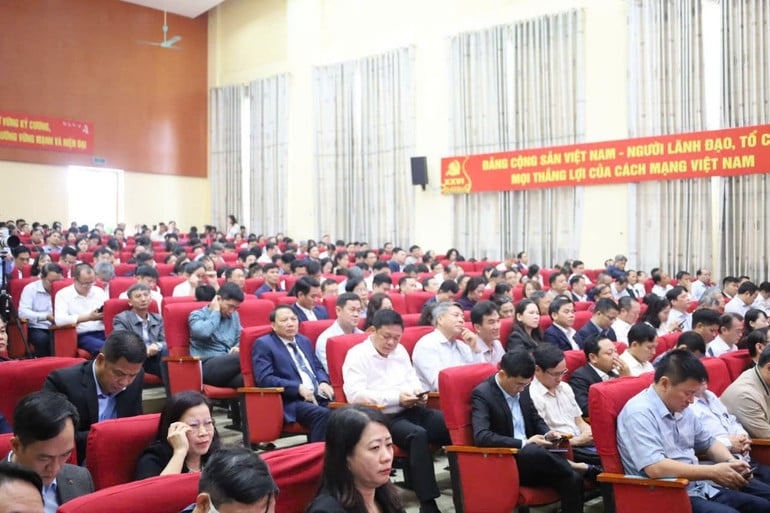
More than 500 delegates from all over the country attended the conference.
Delegates focused on discussing and evaluating the implementation of tasks for the 2024-2025 school year; summarizing good models and effective practices; pointing out difficulties and challenges of vocational and continuing education institutions; discussing and determining key goals and tasks for the 2025-2026 school year and the next development period.
Delegates also discussed in depth the Law on Vocational Education (amended) which is expected to be submitted to the National Assembly for consideration in the coming time. The draft Law addresses the model of organization and management of vocational education institutions in the new period towards autonomy, dynamism, and close connection with the labor market and enterprises.
One of the issues that many delegates were interested in at the conference was the planning and rearrangement of the network of vocational and continuing education facilities nationwide. The new planning will be implemented in a streamlined and effective manner, clearly defining key regional, regional and national schools, with priority given to investment in facilities, human resources and specific mechanisms, maximizing social resources for vocational training.
Speaking at the conference, Vice Chairman of the People's Committee of Phu Tho province Nguyen Khac Hieu said that in the period of 2026-2030, the province will strongly reform and modernize the vocational education system, considering human resource development as one of three strategic breakthroughs. The goal by 2030 is for Phu Tho to become a high-quality vocational training center of the northern midland and mountainous region, making a positive contribution to the national human resource development strategy.
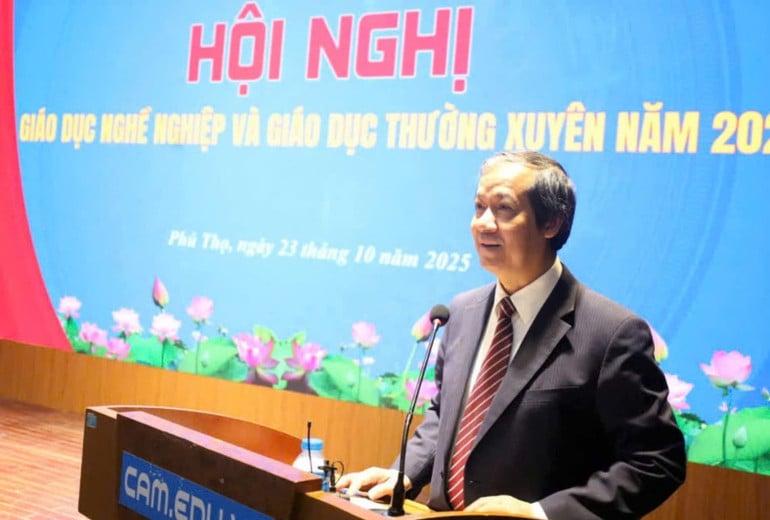
Minister Nguyen Kim Son gave a directive speech.
Emphasizing the importance of the conference, Minister Nguyen Kim Son shared that while previously the task of managing vocational education was undertaken by other ministries and branches, from May 2025, this responsibility will be officially transferred to the Ministry of Education and Training and the Departments of Education and Training.
Hanoi and Ho Chi Minh City alone manage nearly half of the vocational establishments nationwide.
Regarding the immediate key tasks, the Minister requested a clearer policy for the college system during the restructuring period. The Ministry is developing a comprehensive project to reorganize the entire vocational school network according to the principles of streamlining focal points, strong decentralization to localities and focusing on key investments.
“The trend will certainly be to transfer more of the focal points and programs of vocational training institutions to local management. Some units are still managed by ministries and branches, but in general, decentralization and streamlining to concentrate investment resources will be the inevitable direction,” the Minister affirmed.
Among vocational training institutions, there are many strong ones, but there are also many scattered ones, leading to difficulties in management, scattered investment, and low efficiency. Therefore, streamlining the network and concentrating resources to build a number of key, high-quality institutions is the way to upgrade the vocational training system, better meeting the requirements of human resource training in the new period.
HA HONG HA
Source: https://nhandan.vn/doi-moi-toan-dien-giao-duc-nghe-nghiep-giao-duc-thuong-xuyen-post917561.html



![[Photo] President Luong Cuong holds talks with South African President Matamela Cyril Ramaphosa](https://vphoto.vietnam.vn/thumb/1200x675/vietnam/resource/IMAGE/2025/10/23/1761221878741_ndo_br_1-8416-jpg.webp)
![[Photo] Prime Minister Pham Minh Chinh meets with South African President Matamela Cyril Ramaphosa](https://vphoto.vietnam.vn/thumb/1200x675/vietnam/resource/IMAGE/2025/10/23/1761226081024_dsc-9845-jpg.webp)
![[Photo] Prime Minister Pham Minh Chinh chairs meeting on railway projects](https://vphoto.vietnam.vn/thumb/1200x675/vietnam/resource/IMAGE/2025/10/23/1761206277171_dsc-9703-jpg.webp)




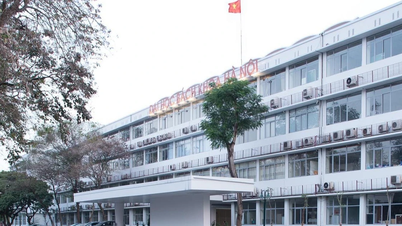
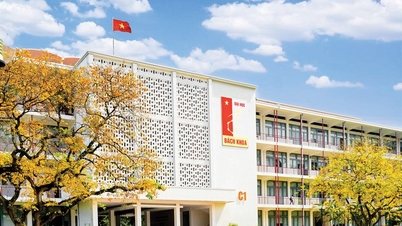

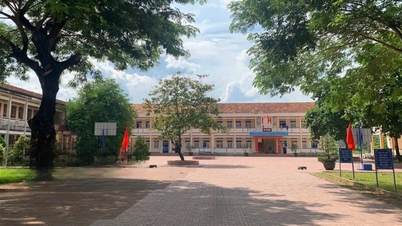
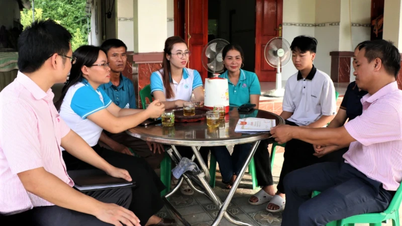






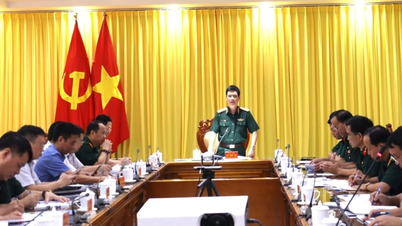


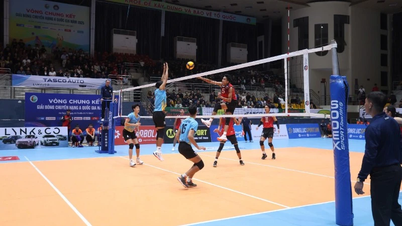
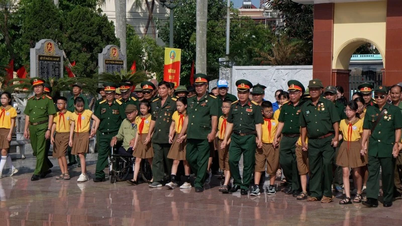





































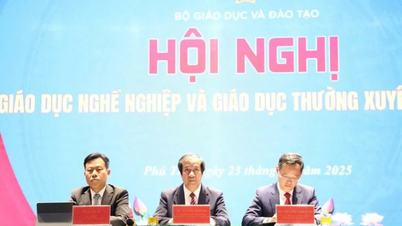
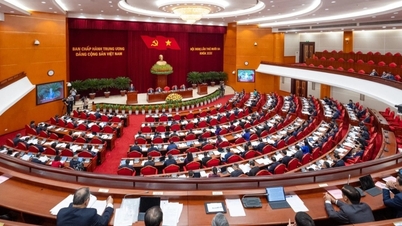
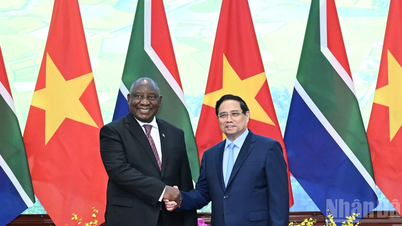
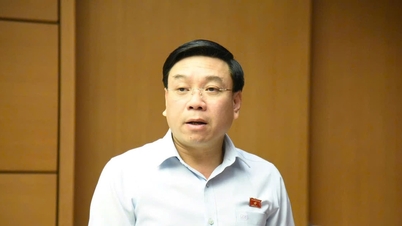






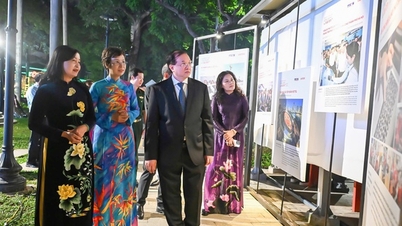



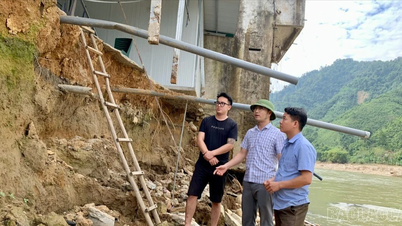





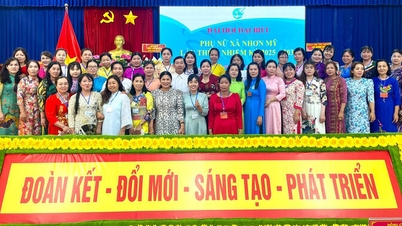


















Comment (0)